In Maya Deren’s silent short At Land, a woman — thrown from the waves into a world in which she is thoroughly out of place — reaches above herself with an open grasp of yearning and draws herself upward, traversing disparate dream-shores.
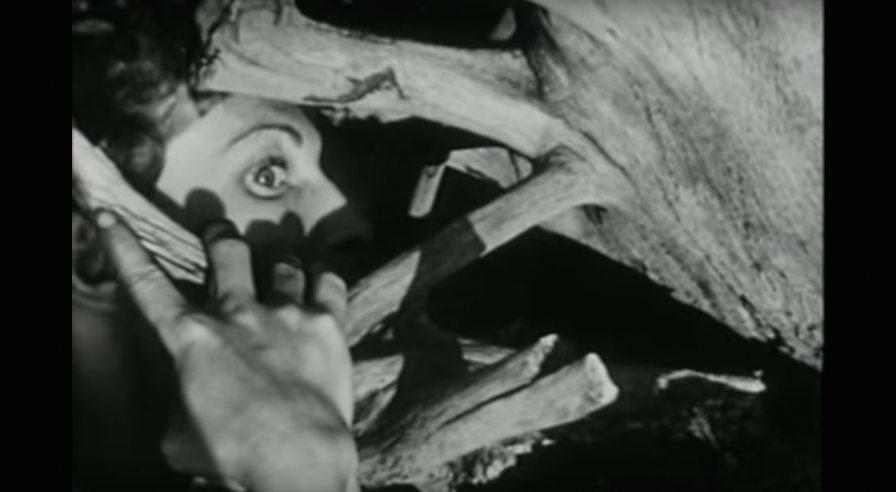
The same gesture is repeated, an open grasp of yearning, in Paul Clipson’s visual accompaniment to Sarah Davachi’s “At Hand,” yet here with closed eyes, submerged behind the same sea out of which Deren emerged bright-eyed and dreaming.
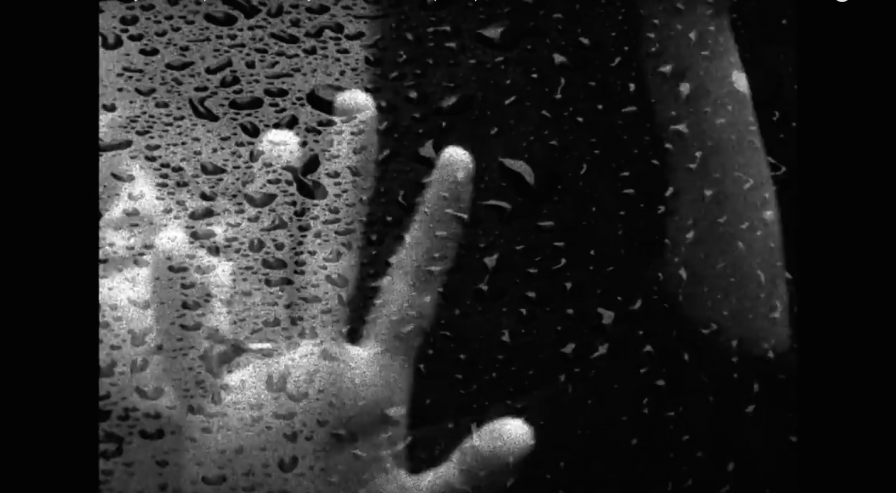
Ensnared behind prisons of light, she wanders, she whirls, entrapped behind all manners of glass darkly, veils, and frames fringed with night. Clipson and Davachi transport us to a realm of shattered selves where glances though plaintive are never returned, where what is at hand is only the faraway, a realm that embraces dissolution and might absolve us our seams and sutures were only the faraway to come near with night.
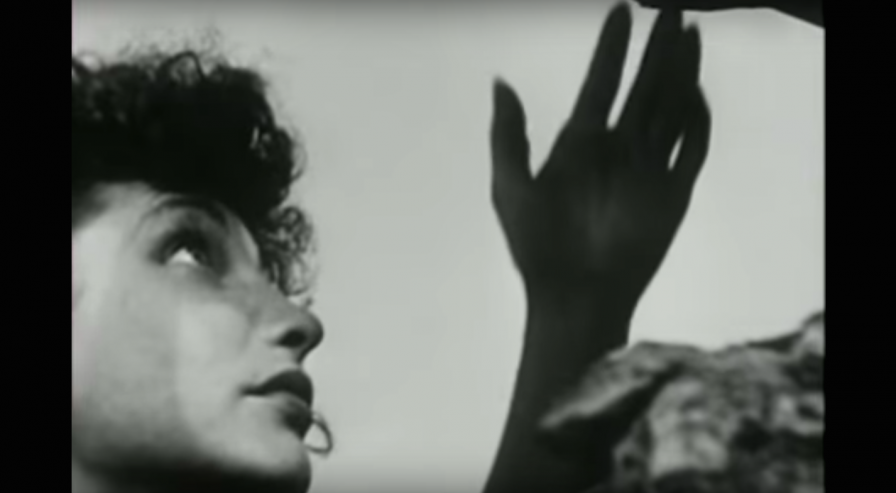
Something murmurs in the night, but is it music? What is the music in the night, if music could be music in the night? Yet, here I hesitate, for I can even less write “in” the night than “of” or “about” the night, since belonging to night’s darkness is an impossible notion. Music in the night can’t be of the night, if at last music in the night can be music at all. Night is nothing if not the inextinguishable consummation of all that enters it, until there is no belonging, nothing which could belong, and at last no all for which a desire to belong might thunder its extinction. No evocation of the night, no expression, and finally no light with which to see the score. Finally no song, finally no strength with which to sing. Yet, something murmurs in the night.
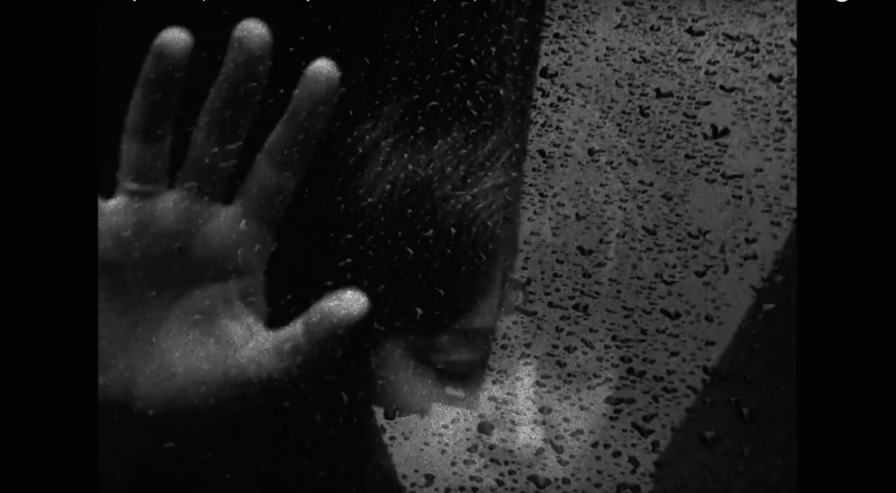
All night music was written during the day, we might offer. But this nothing of the night is not silence, we must insist. For instance, one could say, “Be silent with me, as all bells are silent.” For instance, there are bells. Not only are there bells, but also there are those bells that ring night’s demarcation from the day, even though night bleeds into day without sharp margins, as my shadow might overtake me when I turn the corner. A gradual enshrouding, then suddenly, then all at once. The silence of the bells in which I entreat you to be with me is the sudden clearing of sound that opens in the dying reverberations of day’s metallic clamor. Something murmurs in the night if only because there remains something of the light. After imagining all beings reverting to nothingness, darkness invades us like a presence. While the simple presence of absence in a night in which we are already enshrouded haunts us like a tremor of nausea or the horror of being, to pray for night to come, to let night come through the passivity of prayer, is a gesture of healing perhaps, for in the day we are already absent, so let night come to cloak our shattered selves.
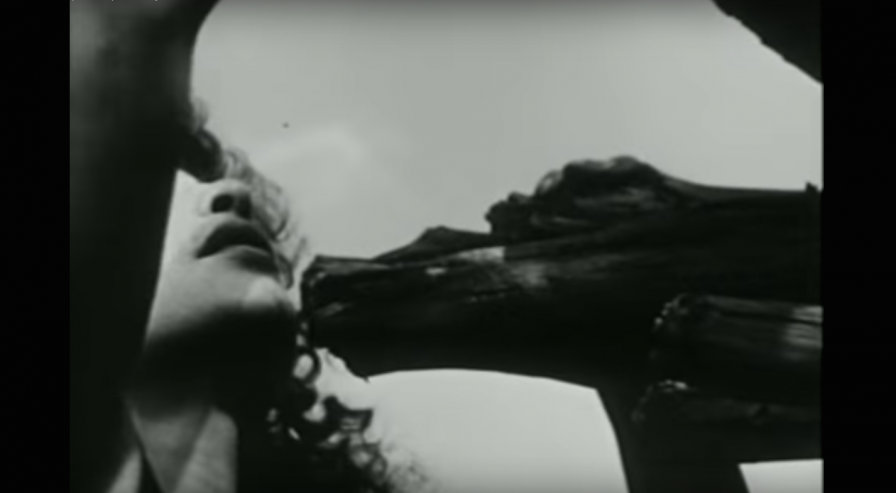
That Davachi abjured her previous output of patient drones and surveys of sonic continuity with her 2017 release All My Circles Run in favor of finding fragile beginnings for specific sounds (“For Organ,” “For Piano”), evident of a reinvention of her work. The trajectory of drone music in the manner of Éliane Radigue and Tony Conrad, a seam which Davachi continues to sew, is a perfect representation of the murmuring that lingers in the night — an impersonal, anonymous continuity of sound, the deep listening to which unravels one at one’s seams, a confrontation with the deep well of being to which one is irrevocably involved, being without subject or substance. This is the third impersonal singular of “There is something that remains in this darkness…,” “It is dark outside…,” “It is dark…”
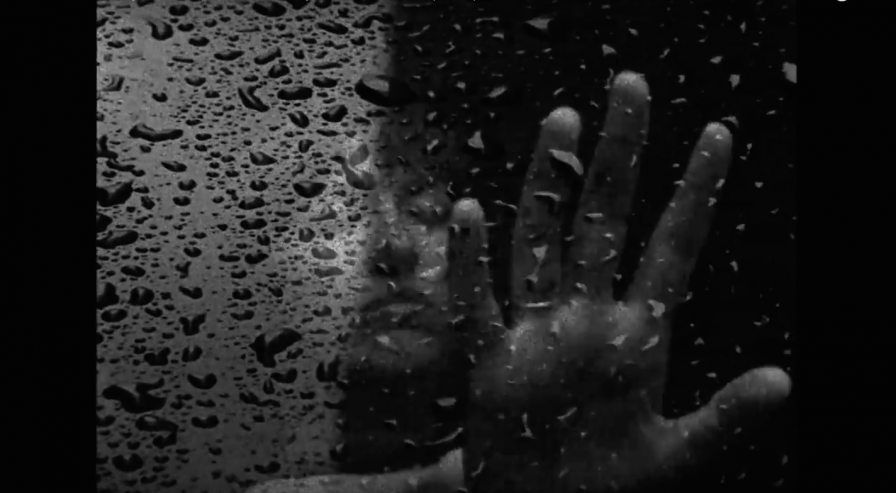
Now Davachi finds herself in the mood of the subjunctive and the sublime, of the “Let night come…,” of the “Let there be Night.” This is the sound of the waning of the day, wavering before the silence it announces in its wake. Let me disappear into the night so that the music flowing through me may become perfect in its beauty from the very fact that I’m no longer there to inhibit its flow. A wavering, as on “Mordents,” between the impossible dream of music in the night and the music of performing this impossible dream, as the quivering theme passes slowly into its dormant shadow. A wavering, as in “Buhrstone,” between a music swooning into sleep and the sounds already dissolved therein. A piano iteration out of a Chopin nocturne stripped of ornamentation, bared against a night that is too much to contain, while, as if conjured from the other side of twilight, flute phrases gracefully hover and glide as in the dreams of a sleeping Satie.
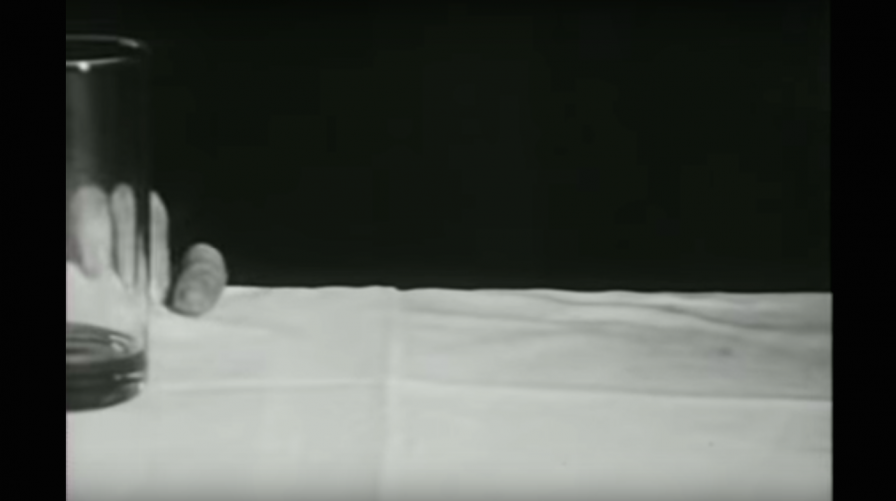
What tenderness (or is it patience? detachment? disintegration?) is required to simply let music be, even if that risks trespassing the silence after the last bell has rung. “Hours in the Evening,” the last track and the last hour to be rung, drones on like the sky perishing into pink. A beauty that demands no observer, the sound is that of a dream of unceasing breath, for no one sits at the organ, but the music that shivers before the pipe’s immensity is not simply the wind. The weary hesitance of the other two delicate drones, “Garlands,” and “At Hand,” find at last a cool and a calm in which to resolve.
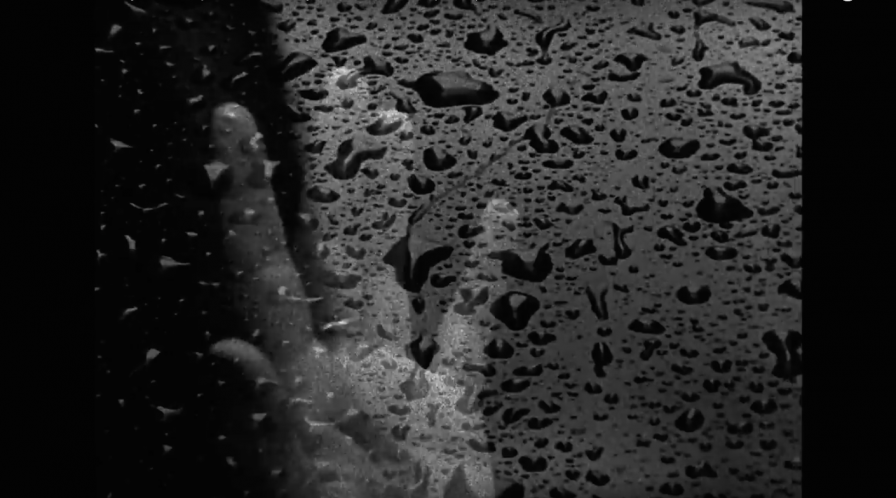
At the end of the film, we ponder a void in the brush that lures us with night’s invitation of immensity. But the night we can neither see nor even inhabit. Night can only be announced: Let night come, on bells, end the day.
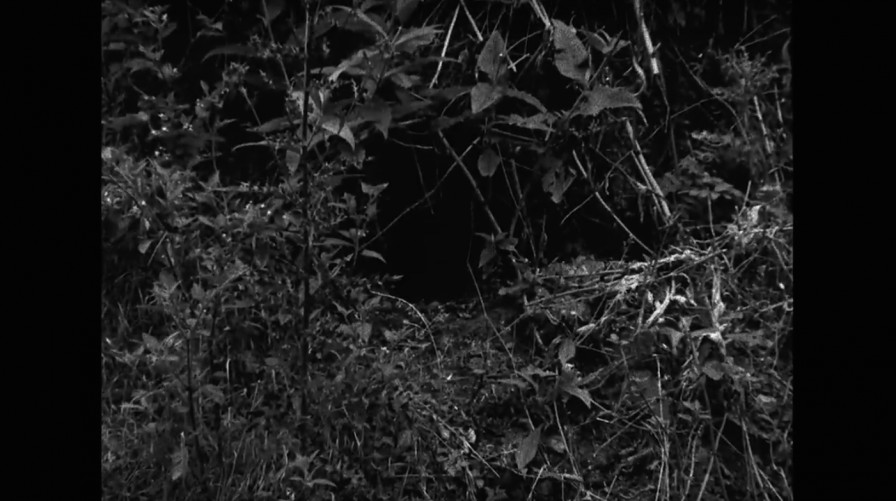
More about: Sarah Davachi




